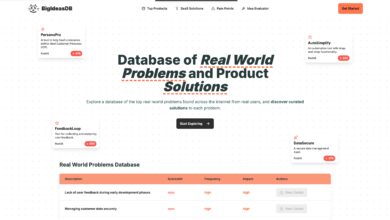Supreme Court wants US input on whether ISPs should be liable for users’ piracy

Record labels vs. ISPs
Cox has said that letting the piracy ruling stand “would force ISPs to terminate Internet service to households or businesses based on unproven allegations of infringing activity, and put them in a position of having to police their networks.” Cox said that ISPs “have no way of verifying whether a bot-generated notice is accurate” and that even if the notices are accurate, terminating an account would punish every user in a household where only one person may have illegally downloaded copyrighted files.
Record labels urged the court to reinstate the vicarious infringement verdict. “As the District Court explained, the jury had ample evidence that Cox profited from its subscribers’ infringement, including evidence ‘that when deciding whether to terminate a subscriber for repeat infringement, Cox considered the subscriber’s monthly payments,’ and ‘Cox repeatedly declined to terminate infringing subscribers’ Internet service in order to continue collecting their monthly fees,'” the record labels’ petition said.
Another potentially important copyright case involves the record labels and Grande, an ISP owned by Astound Broadband. The conservative-leaning US Court of Appeals for the 5th Circuit ruled last month that Grande violated the law by failing to terminate subscribers accused of being repeat infringers. The 5th Circuit also ordered a new trial on damages because it said a $46.8 million award was too high. Grande and the record labels are both seeking en banc rehearings of the 5th Circuit panel ruling.




